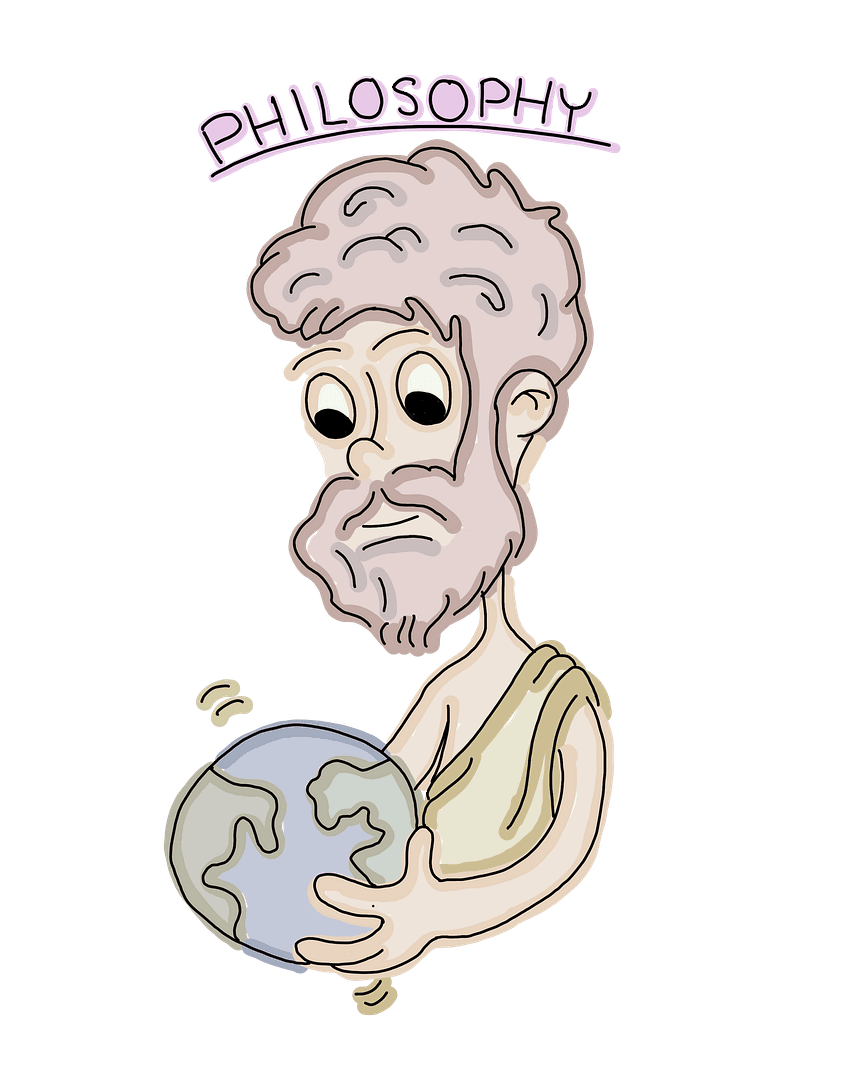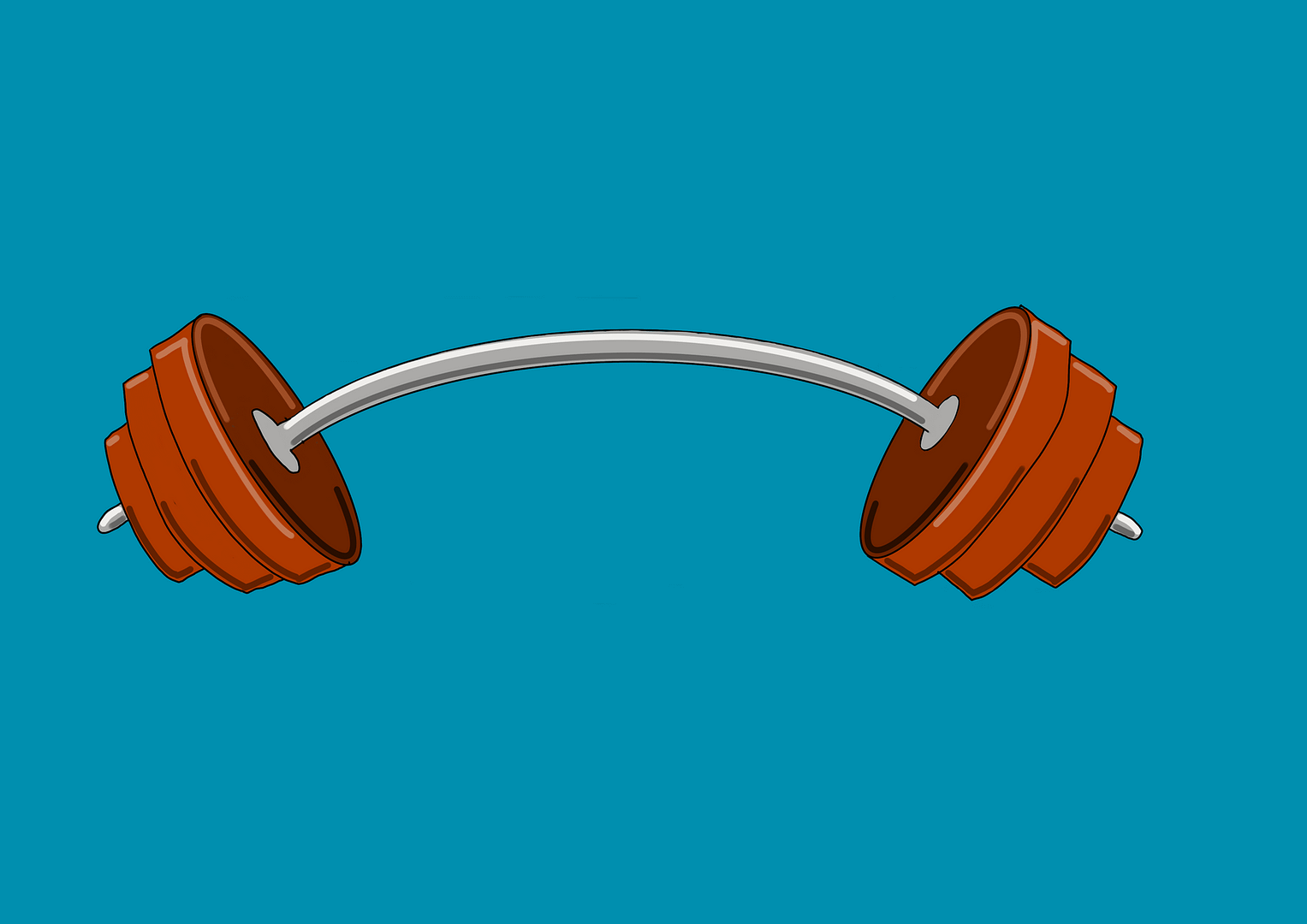What does the Risale-i Nur say about philosophy and science?
We find the following phrase in the seventh word,
…provisions and food, light and buraq in that long and dark journey of eternity can only be obtained through obeying the commands of the Qur’an and abstaining from what it prohibits. Science and philosophy, art and wisdom are worth nothing on that journey. Their light goes only as far as the door of the grave.
So, how does the Risale-i Nur view science and philosophy? Does it discourage them?
The answer isn’t a simple yes or no but is much more complex. The following passage from The Staff of Moses sheds light on the issue.
Surely, a truth needs to be revealed as follows:
The philosophy which the Risale-i Nur fiercely strikes and attacks is not absolute, but [rather] a harmful part of it. Since the part of philosophy and wisdom which serves the social life of mankind, and the manners and perfection of humanity, and the advancement of art, is at peace with the Qur’an. Perhaps it is a servant to the wisdom of the Qur’an [and] cannot combat it.
As for the second part of philosophy, the Risale-i Nur, in many of its parts, interferes [and] strikes against this part of philosophy that has gone astray through reasoning and strong comparisons with proofs since while it becomes a means to drag one into philosophy, delusion, and atheism and the swamp of naturalism; it results in heedlessness and delusion through obscenity and immoral entertainment, and combats the miraculous truths of the Qur’an through its magic-like wonders.
Before moving on, let’s clarify the word philosophy as it is used in the Risale-i Nur Collection. The first type of usage is just the usual meaning, referring to for instance Greek philosophy or religious philosophy. In other parts of the Risale-i Nur, however, it refers to viewing science as independent from God. In this context, the words science and philosophy are used interchangeably. [see Fifteenth Ray, The Second Station, The Third Example and The Nineteenth Letter, Miracles of Muhammad (PBUH), First Addendum To The Miracles of Muhammad, Fourteenth Droplet.]
As mentioned in the passage, science and philosophy are not inherently harmful to humanity. As long as it is done with the right intention and the knowledge that everything is created by God, there is nothing wrong with them. In fact it becomes a path in moving closer to God by making it a means to ponder the wonders of God’s creation.
As for the kind of science/philosophy which denies God…while, they may still bring some worldly benefits to people like technology or other inventions and discoveries, its benefits come to a halt with death and they serve nothing besides destroying one’s hereafter.
Finally, in the Introduction of The Staff of Moses, Ustadh Bediuzzaman gives examples on how to view certain branches of science such as medicine and cosmography in a way to understand and move closer to God.



